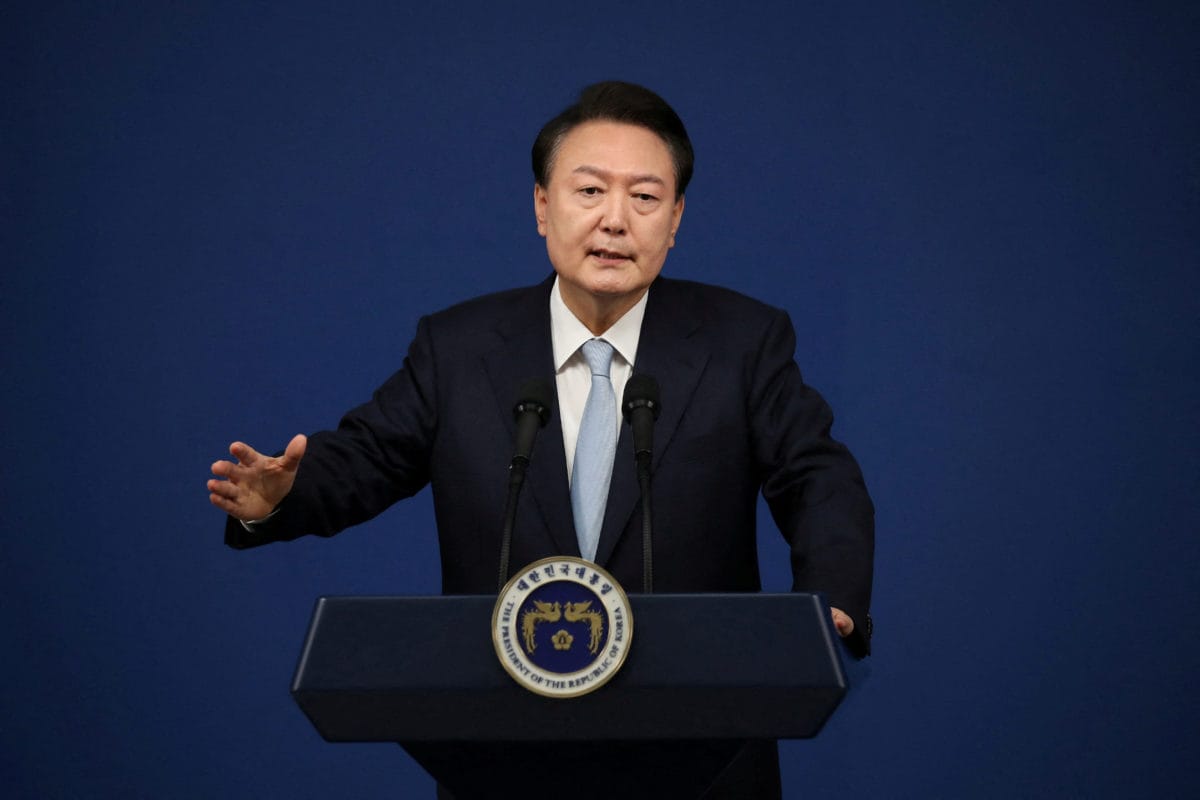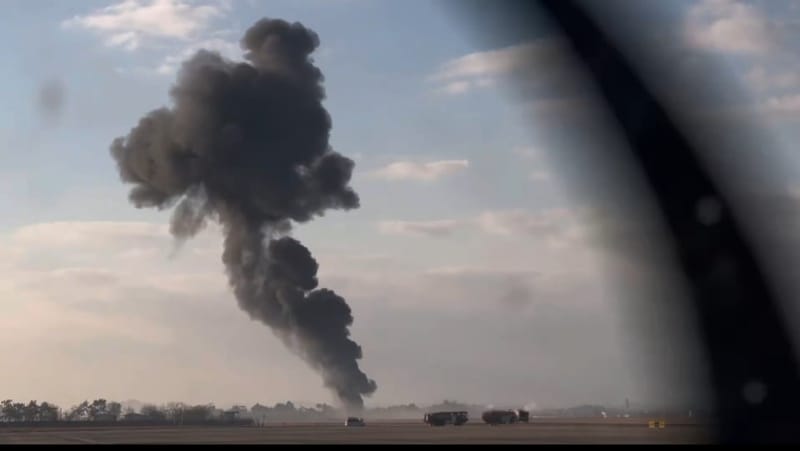South Korea's Parliament Overturns President Yoon's Martial Law Decree Amid National Outcry
In a dramatic turn of events that unfolded late into the night, South Korea's National Assembly has voted unanimously to nullify the emergency martial law declared by President Yoon Suk Yeol. This bold move by the parliament has temporarily quelled fears of a return to authoritarian rule, signaling
In a dramatic turn of events that unfolded late into the night, South Korea's National Assembly has voted unanimously to nullify the emergency martial law declared by President Yoon Suk Yeol. This bold move by the parliament has temporarily quelled fears of a return to authoritarian rule, signaling a significant assertion of democratic principles in one of Asia's most politically vibrant nations.
Immediate Backlash and Legislative Action:
After President Yoon Suk Yeol's startling announcement via a late-night televised address, accusing the opposition of anti-state activities and sympathizing with North Korea, South Korea's political landscape was thrown into turmoil. The military had begun to mobilize, with soldiers seen advancing towards the National Assembly, aiming to enforce the martial law decree that would have banned political activities and allowed for arrests without warrants.
However, the National Assembly, with 190 out of its 300 members present, quickly convened an emergency session. In what has been described as a historic defense of democracy, lawmakers from both sides of the political aisle, including some from Yoon's own People Power Party, voted to block the imposition of martial law. National Assembly Speaker Woo Won-sik declared the martial law "invalid" and called for the immediate withdrawal of military forces from the parliamentary grounds.
Public Reaction and Protests:
The streets of Seoul saw an immediate reaction with thousands gathering outside the National Assembly. Protesters chanted slogans like "No to martial law!" and "Protect our democracy!" The atmosphere was charged, with both jubilation and tension as the public awaited the parliament's decision. Clashes between protesters and police were reported, yet the solidarity of the crowd against what many saw as an authoritarian overreach was palpable.
Martial law in South Korea is OVER - but watch this video and note all of the phones recording it.
— Eric Daugherty (@EricLDaugh) December 3, 2024
The advantage of the modern era is the powers-that-be knowing that one million cameras are documenting their every move. It wasn't always like this.pic.twitter.com/lVlD4ZCkzA
Economic and International Ramifications:
The declaration of martial law had immediate economic repercussions, with the Korean won experiencing a sharp decline against the US dollar. Finance Minister Choi Sang-mok announced an emergency meeting to discuss stabilization measures, reflecting the government's intent to manage the fallout from this political crisis.
Internationally, the situation drew swift responses. The United States, a key ally, expressed concern, with Deputy Secretary of State Kurt Campbell indicating the administration's close monitoring of the situation and hope for a resolution in line with democratic values. Other nations advised their citizens in South Korea to exercise caution.
Looking Forward:
As dawn breaks over Seoul, the immediate threat of martial law has been lifted, but the underlying political tensions remain. President Yoon's administration now faces significant scrutiny, both domestically and internationally, over this unprecedented move. The coming days will likely see intense political negotiations, as the balance of power, public trust, and the very framework of South Korea's democracy hang in the balance.
This incident underscores the fragility of democratic institutions when challenged from within by executive overreach. For now, South Korea breathes a sigh of relief, but the reverberations of this event will echo through its political discourse for years to come.

